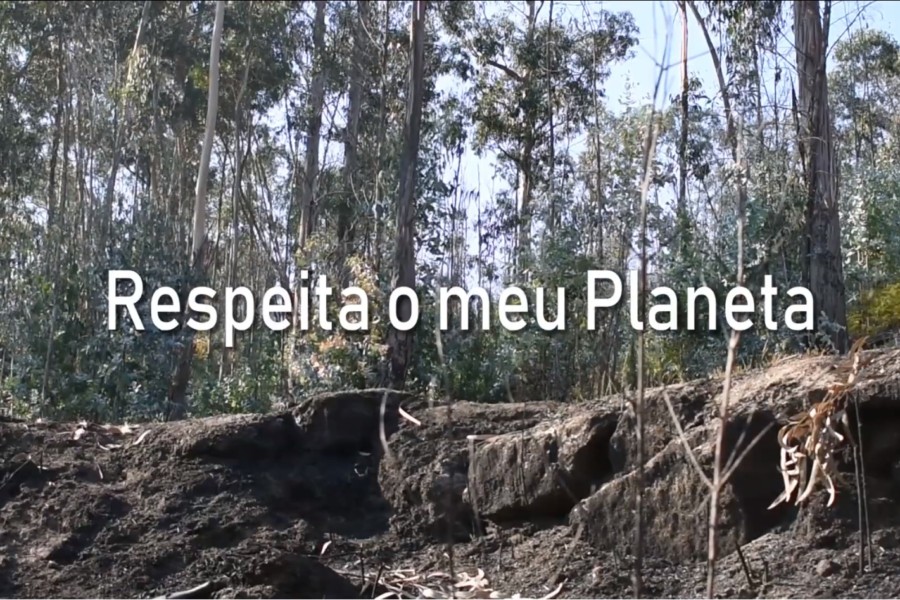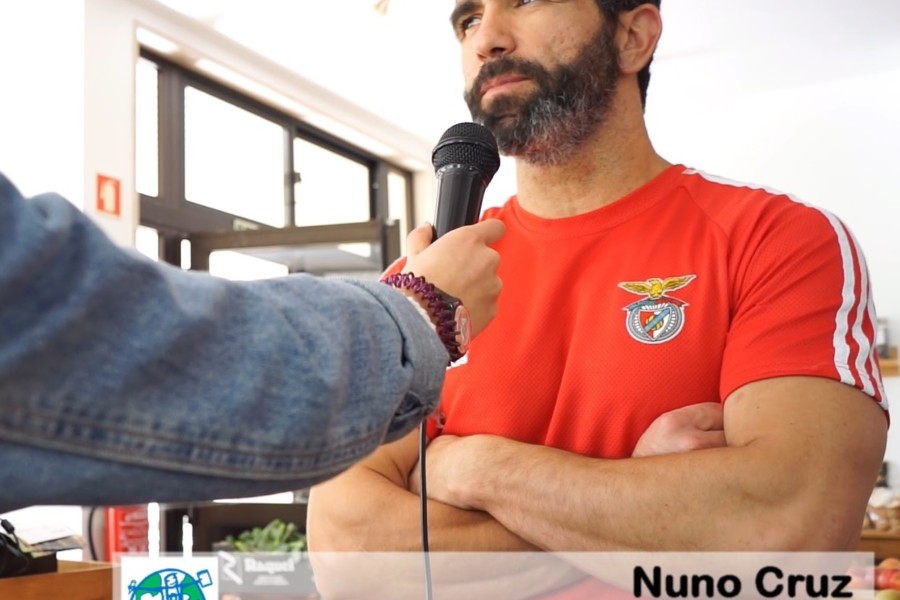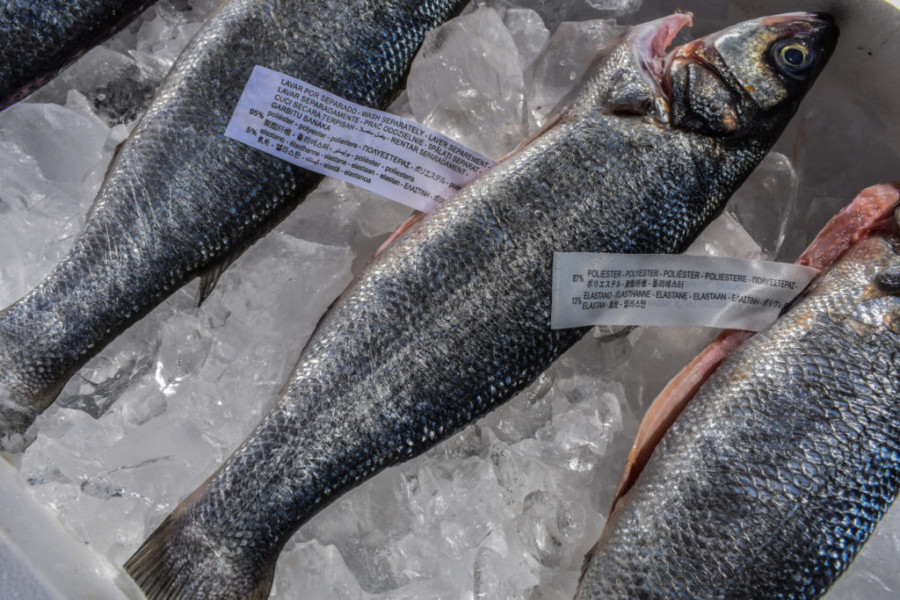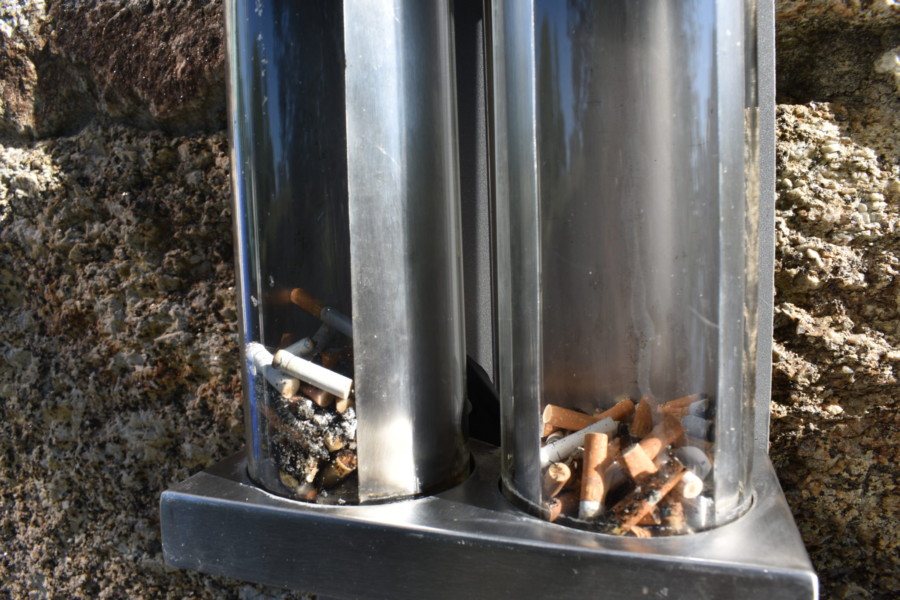
O nosso presente precisa de um futuro diferente
Os nossos gestos têm um impacto muito importante sobre o que futuro nos reserva e é urgente observarmos as mensagens que o planeta nos dá para criamos um futuro sustentável para todos nós.

Compra e venda a granel: uma opção sustentável
A “poluição plástica” e o desperdício alimentar são fenómenos frequentes da atualidade e que muito se devem aos hábitos de consumo. Uma forma de obviar estes fenómenos passa, por exemplo, pela venda e compra de produtos a granel, enquanto opção mais sustentável. Em Portugal, as lojas a retalho que optam por este tipo de comércio têm proliferado um pouco por todo o país e os Jovens Repórteres para o Ambiente da Escola Superior de Tecnologia da Saúde de Lisboa (ESTeSL-IPL) foram descobrir um pouco mais desta realidade.

Microfibras sintéticas: uma verdade escondida
Todos os dias microfibras sintéticas são atiradas das nossas máquinas de lavar roupas para a estação de tratamento de águas residuais/ETAR. Contaminam rios, lagos e oceanos e são absorvidas pelos peixes e acabam por fazer parte de uma cadeia alimentar, na qual os seres humanos estão no topo.

EcoPontas: combate às beatas
O Instituto da Soldadura e Qualidade (ISQ), a Câmara Municipal de Guimarães, o Laboratório da Paisagem, em Guimarães, e o Centro de Valorização de Resíduos foram premiados pelo desenvolvimento do projeto EcoPontas. Com o propósito de recolher as pontas de cigarro, procurando assim, evitar o atirar das beatas para o chão, colocando mobiliário urbano com fim específico de alterar hábitos pouco sustentáveis dos fumadores. As pontas de cigarro, também denominadas de beatas, são um dos elementos mais poluentes. “Uma ponta de cigarro num litro de água é equivalente a esgoto doméstico”, revela o Engenheiro Nuno Silva, do Laboratório da Paisagem.


You must be logged in to post a comment.